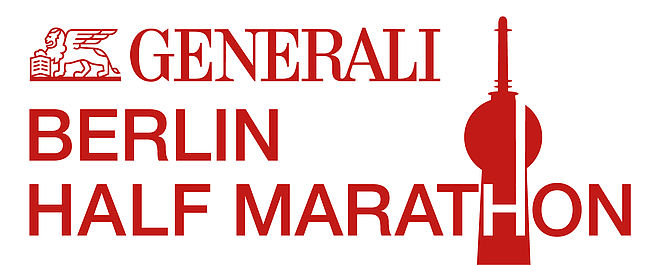Frank Winter’s story began at a class reunion in 2001. "I arrived ten minutes late and walked over to a group of my former classmates. Then I noticed a few were looking at me strangely. My childhood sweetheart came over to me and asked: “Hey, who are you?” I simply replied: “Don’t you recognise me? It’s me, Frank.” My old girlfriend looked up and down in shock and said: “My goodness, you got fat!”
That was a tough sentence. But for Frank those were words that changed his life. On the morning after the class reunion he put on his running shoes and got moving. He made it 500 meters. “That was all I could do. I was completely out of breath.” But the then 39-year-old did not let that stop him. He went running every day, and every day he got a little farther. At the time he was a manager working on a product which happened in cooperation with the supermarket chain REAL. At the time, REAL was the title sponsor of the BERLIN MARATHON. One of his colleagues there promised to get him a starting spot for the marathon in September if he kept up his training. Frank had five months to get in shape. For a busy manager, that meant getting up at 5 am to get his runs in before heading off to the office.
But his plan worked. Frank crossed the finish line in 4:28 at the marathon in September 2001. He kept on running and within one and a half years he lost 19 kilogrammes. Since then, the man from Thüringen who travels all over Germany for his work has run 20 marathons. “For me, sport means I turn off my work day. Not only that, my wife is 15 years younger than I am, and I have a little girl. I have to stay fit to keep up with them,” the 50-year-old says with a grin. Five years ago, his wife joined him on the course. “That was a great feeling for us to run together. When we finished, the first we thing did was crying. For joy.”
When Frank thinks about this year’s BERLIN MARATHON, the first image in his mind is the scene at the roundabout “Wilder Eber.” It gets especially loud there. The spectators send the runners on with an extra portion of motivation, and the samba bands add their part too. The athletes hit a critical point at this small spot in the area called Schmargendorf: After more than 28 kilometres, this is often the hardest part of the course for the more casual runners. “If you are going to hit the wall, this is where it happens,” the experienced runner knows. “But that usually doesn’t happen to me.”


